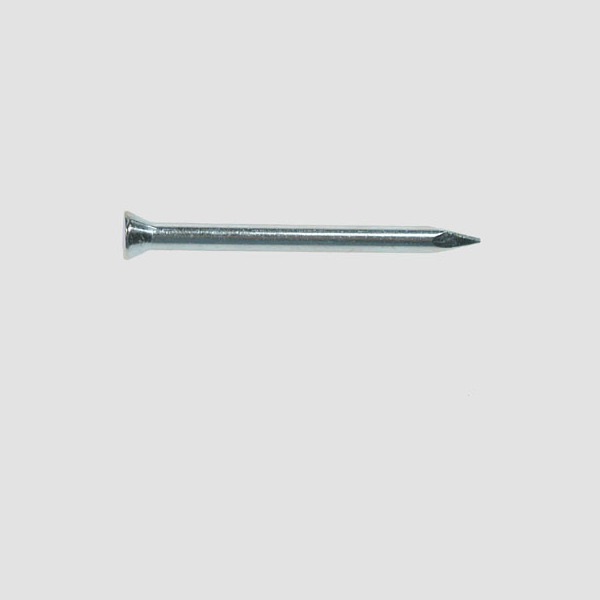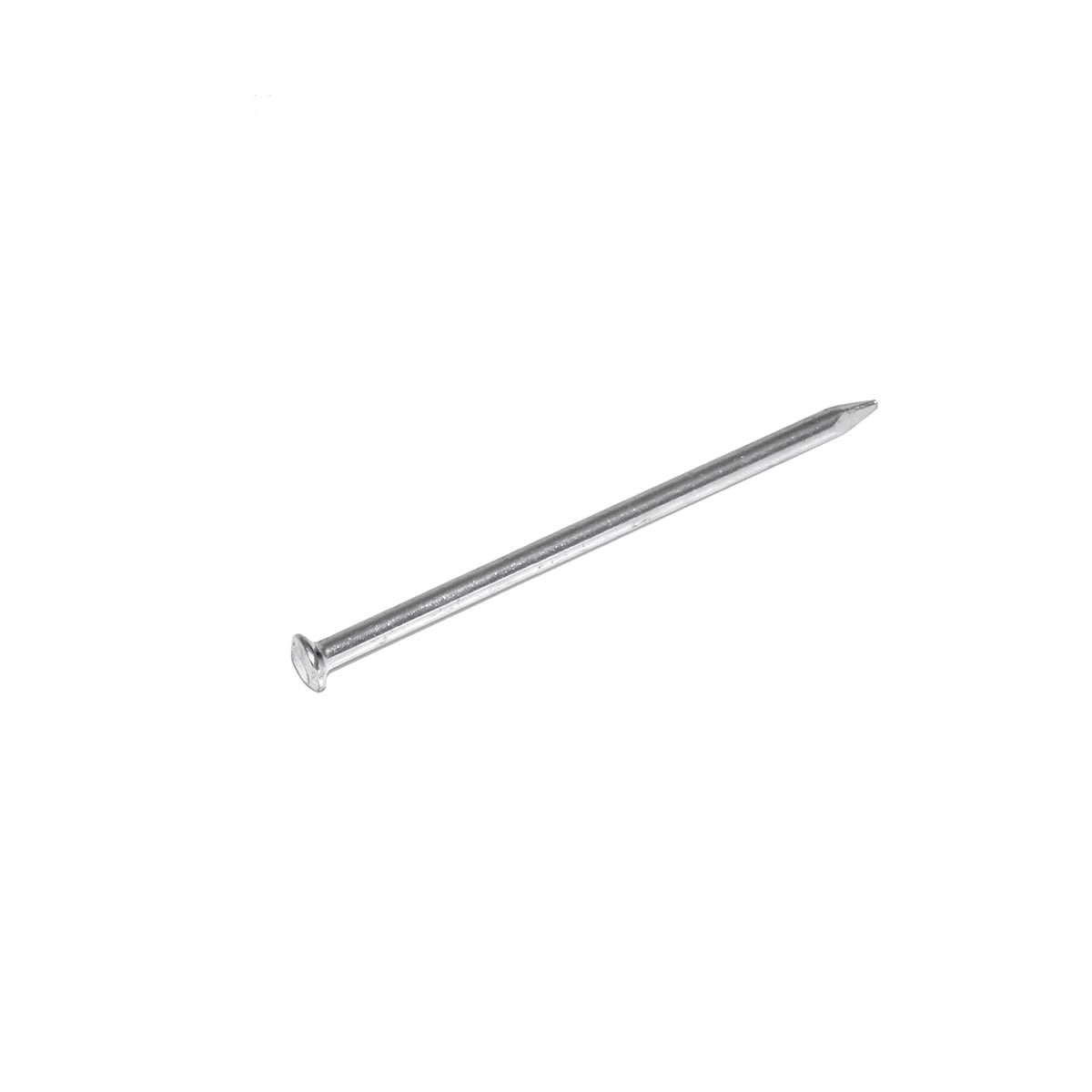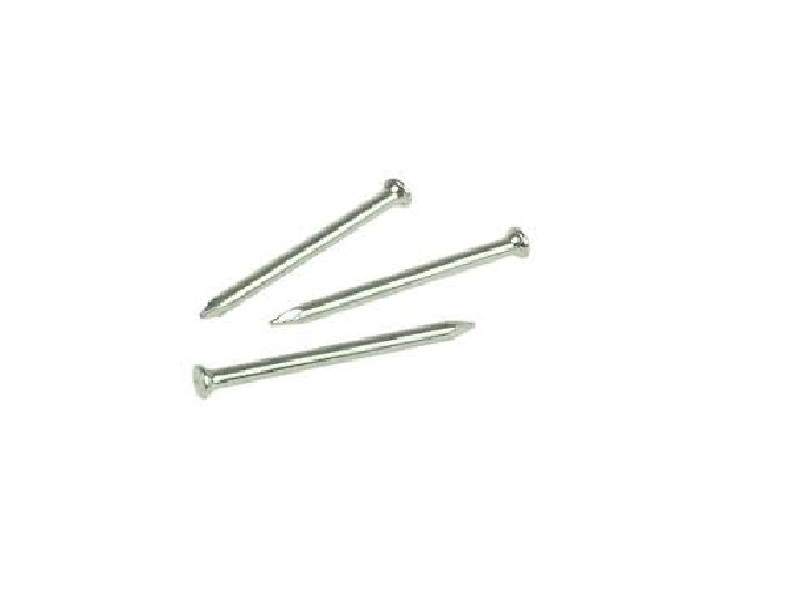Rather place your order over the phone? Trade customers can call us directly to place new orders on 0208 2641 144. Lines open 8am - 10pm 7 days/week.
- All Products
- Screws & Fixings
- Nails
- Masonry nails
Masonry nails
Masonry nails are designed for securing materials to dense masonry surfaces, including brick, concrete, and stone. You’ll find them used to fix timber battens, clips, or brackets directly into walls or floors without pre-drilling. These nails are ...
3 results
Masonry nails - FAQs ...


